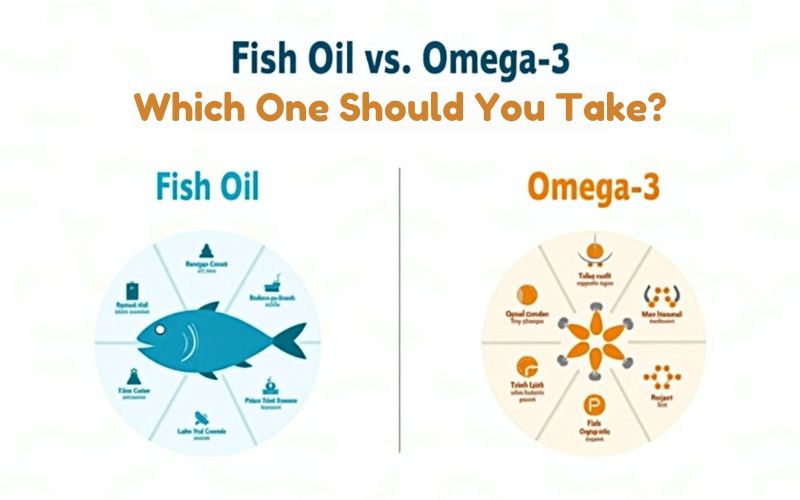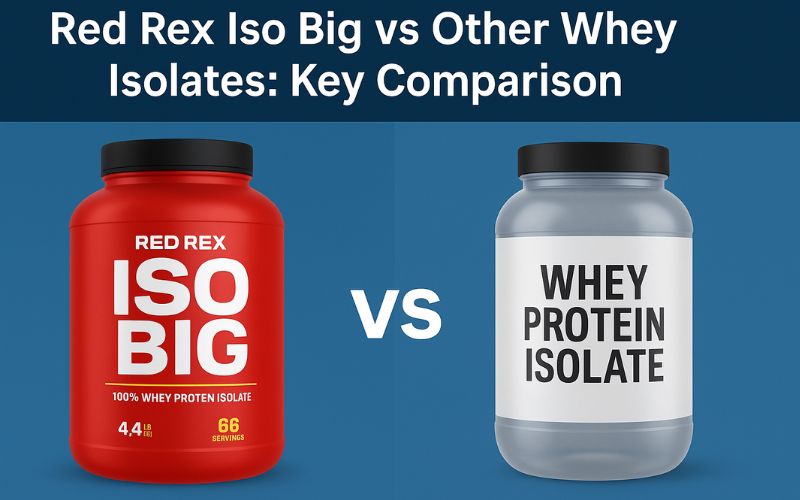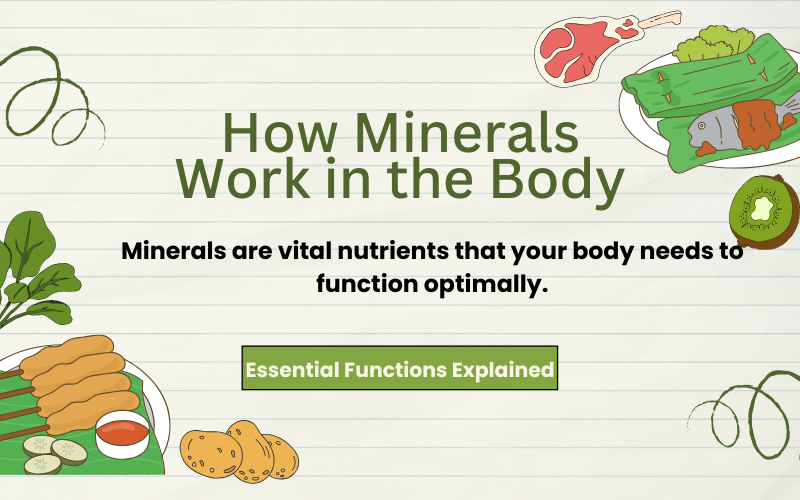Fish Oil vs. Omega-3: Which One Should You Take?
Fish oil and omega-3 supplements have gained massive popularity due to their health benefits. While they are often used interchangeably, they are not the same. Many people wonder, “Should I take fish oil or omega-3?” Understanding the differences and benefits of each can help you make an informed decision. This guide breaks down the key distinctions, health benefits, and how to choose the right supplement for your needs, including the Best Omega-3 Fish Oil options.
What is Fish Oil?
Fish oil is a dietary supplement derived from the fatty tissues of fish such as salmon, mackerel, and sardines. It is rich in omega-3 fatty acids, particularly eicosapentaenoic acid (EPA) and docosahexaenoic acid (DHA), which are essential for various bodily functions.
Sources of Fish Oil:
- Fatty fish (Salmon, Mackerel, Tuna, Sardines)
- Fish oil supplements (capsules or liquid)
What is Omega-3?
Omega-3 is a type of essential fatty acid that the body cannot produce on its own. It must be obtained through diet or supplementation. There are three primary types:
- ALA (Alpha-Linolenic Acid) – Found in plant sources like flaxseeds and walnuts.
- EPA (Eicosapentaenoic Acid) – Primarily found in fish and seafood.
- DHA (Docosahexaenoic Acid) – Abundant in fish and critical for brain and eye health.
Fish Oil vs. Omega-3: Key Differences
While fish oil is a source of omega-3, not all omega-3s come from fish oil. Here are some key distinctions:
1. Composition
- Fish oil contains EPA and DHA, which are the most beneficial types of omega-3s.
- Omega-3 includes ALA, EPA, and DHA. ALA must be converted into EPA and DHA, but the conversion rate is low.
2. Source
- Fish oil is extracted from fish.
- Omega-3 can come from both animal (fish, krill) and plant (flaxseeds, walnuts) sources.
3. Effectiveness
- Fish oil is more effective for delivering EPA and DHA directly.
- Plant-based omega-3 (ALA) requires conversion, making it less efficient in providing these essential fatty acids.
Health Benefits of Fish Oil and Omega-3
Both fish oil and omega-3 offer numerous health benefits:
Heart Health
- Reduces triglyceride levels
- Lowers blood pressure
- Supports cardiovascular function
Brain Function & Mental Health
- Improves cognitive function
- Reduces symptoms of depression and anxiety
- Supports brain development in infants and children
Joint & Bone Health
- Reduces inflammation in arthritis
- Supports joint mobility and flexibility
Eye Health
- Prevents age-related macular degeneration
- Supports overall vision health
Which One Should You Take?
Deciding between fish oil and omega-3 depends on several factors:
Who Should Take Fish Oil?
- Those looking for direct EPA & DHA intake for heart and brain health.
- Individuals who do not consume enough fatty fish in their diet.
- People with inflammatory conditions like arthritis.
Who Should Take Omega-3?
- Those who prefer a plant-based diet.
- People who already consume fish but need additional supplementation.
- Individuals looking for a general omega-3 intake, including ALA.
Top Best Fish Oil Supplements to Consider
If you’re looking for high-quality Best Omega-3 supplements, here are three great options available at Syner Nutrition:
- Applied Nutrition Omega 3 – Supports heart, brain, and joint health with a potent dose of EPA & DHA.
- NOW Omega-3 – A trusted supplement known for its purity and effectiveness in maintaining cardiovascular health.
- MyProtein Omega-3 – A convenient option for daily omega-3 intake, promoting overall well-being and reducing inflammation.
How to Choose a Quality Supplement
When purchasing fish oil or omega-3 supplements, consider the following factors:
Purity & Quality
Look for third-party tested products to ensure they are free from contaminants like mercury.
EPA & DHA Content
Check the label for high concentrations of EPA and DHA rather than just total fish oil content.
Sustainability
Choose brands that source fish oil from sustainable fisheries to protect marine ecosystems.
FAQs
1. Can I take both Fish Oil and Omega-3 supplements?
Yes, but ensure that you’re not exceeding the recommended daily intake of omega-3s.
2. Are plant-based sources as effective as fish oil?
Plant-based sources provide ALA, which has a lower conversion rate to EPA and DHA. Fish oil is more efficient for these essential fatty acids.
3. What is the best time to take Omega-3 supplements?
Omega-3 supplements are best taken with meals, preferably those containing healthy fats to improve absorption.
4. How much Omega-3 do I need daily?
The American Heart Association recommends 250-500 mg of EPA and DHA per day for general health.
5. Are there any side effects of Fish Oil supplements?
Some people may experience mild digestive discomfort, fishy aftertaste, or nausea. Choosing high-quality, enteric-coated supplements can help reduce these effects.
Conclusion
Both fish oil and omega-3 supplements offer incredible health benefits. If you need a direct source of EPA and DHA, is the better choice. However, if you follow a vegetarian or plant-based diet, omega-3 from flaxseeds, walnuts, or algae-based supplements can be a good alternative.
Looking for high-quality fish oil and omega-3 supplements? Check out our premium collection at Syner Nutrition!









Add comment